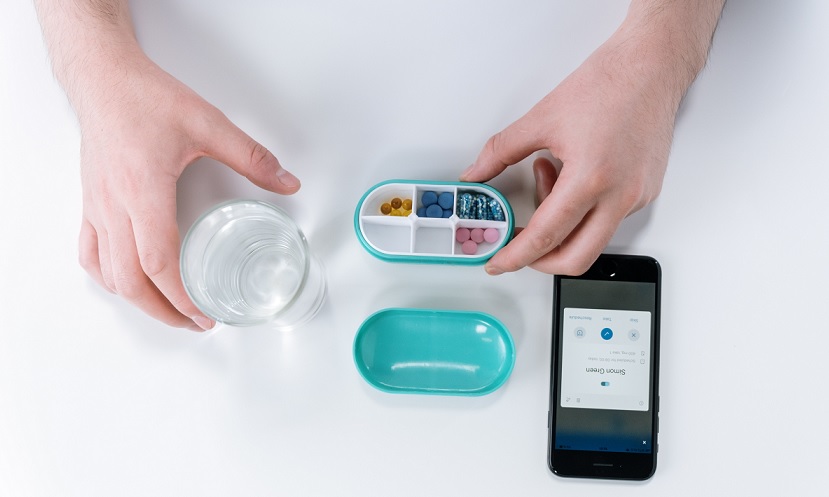Medicare Part D covers brand name drugs, not those that are OTC.
Akorn Operating Company LLC, a pharmaceutical company based in Illinois, has agreed in a settlement to pay $7.9 million dollars to Medicare. According to the suit, Acorn’s Diclofenac, a non-steroid anti-inflammatory cream, Olopatadine, an antihistamine eyedrop and Azelastine, an antihistamine nasal spray, continued to be covered by Medicare Part D even after the Food and Drug Administration (FDA) had approved a full prescription (Rx) to over the counter (OTC) conversion. Only prescription medications are supposed to be covered by the government’s plan.
Once drugs are fully approved by the FDA for OTC sale, pharmaceutical companies are required to seek FDA approval for their versions or remove the sale of them altogether. Because Akorn was still selling prescription only versions of the drugs, Medicare Part D subsidized the sale of these drugs to patients, costing taxpayers untold amounts.

OTC medications are generally less expensive to patients. In fact, over the counter drugs are said to save households $102 billion potentially per year by limiting the amount of doctor’s visits to receive these treatments. By leaving their drugs on the market, Akorn barred consumers from receiving fully approved medications in an affordable way and without a visit to the doctor.
In addition to saving patients from costly doctor visits, OTC medication promotes competition between pharmaceutical companies leading to lower prices for potential patients especially when a company has a patent on a product. This de-incentivizes pharmaceutical companies to seek FDA approval for their Rx drugs. Therefore, Akorn benefited financially by dragging its feet on switching their products to OTC sale.
Moreover, Akorn’s medications had been approved for at least a year before Akorn sought FDA approval. Both Diclofenac and Olopatadine were fully approved by the FDA in February of 2020, but Akorn did not seek FDA approval of their versions until March 2021 and January 2021, respectively, while still marketing and manufacturing Rx versions illegally. Additionally, Azelastine was approved in June of 2021 but was not withdrawn from the market until February 2022.
The allegations and discovery of Akorn’s negligence and fraud against Medicare and its Part D plan violate the False Claim Act (FCA). The act imposes liability on companies who defraud governmental programs. It is the federal government’s primary litigation tool in combating fraud against the government. The suit was filed on behalf of the United States government by Albermarle.
Akorn’s actions highlight a broader corruption within pharmaceutical companies. More widely, drugs are often overpriced when companies have a patent on their chemical composition. This can lead patients scrambling to cover their medical bills while taxpayers bear the brunt of paying for the monopolies afforded to the pharmaceutical companies. In short, Big Pharma artificially raises prices for drugs and holds America’s health hostage. Going forward, perhaps more regulations are necessary to keep these pharmaceutical giants in check and to protect the general population from the risk of overpaying for medical treatment (or even from pharmaceutical fraud).
Sources:
The Value of OTC Medicines to the U.S. Healthcare System | Consumer Healthcare Products Association


Join the conversation!